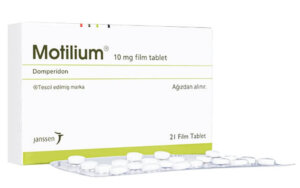At this year’s United European Gastroenterology meeting in Italy, Prof. Marco Romano, from the University of Campania in Naples described the results of a new survey, which showed that “Sexual dysfunction (SD) in patients with gastrointestinal disorders is undermanaged, with a lack of clinician education, time constraints, and embarrassment preventing constructive discussions to improve patient care and quality of life. Overall, 71% of gastroenterologists do not ask their patients about sexual dysfunction, the survey finds. While patients with gastrointestinal disorders often experience sexual dysfunction, discussions around the matter are not routine in gastroenterological care.” The main reasons why gastroenterologists do not discuss sexual dysfunction are:
- lack of knowledge (80%)
- insufficient experience (58%)
- time constraints (44%)
- embarrassment (30%).
How do gastrointestinal disorders affect sexual functions?
There are several ways in which GI disorders can disrupt the sex life of both men and women.- The disease could itself be causing fatigue, anxiety or depression with the consequential alteration of the sense of self-worth
- The disease could be altering some basic endocrine processes which are essential for normal sexual functionality, particularly concerning ED in men
- A chronic disease that causes inflammation can result in abnormal vascular responses or endothelial dysfunction.
















